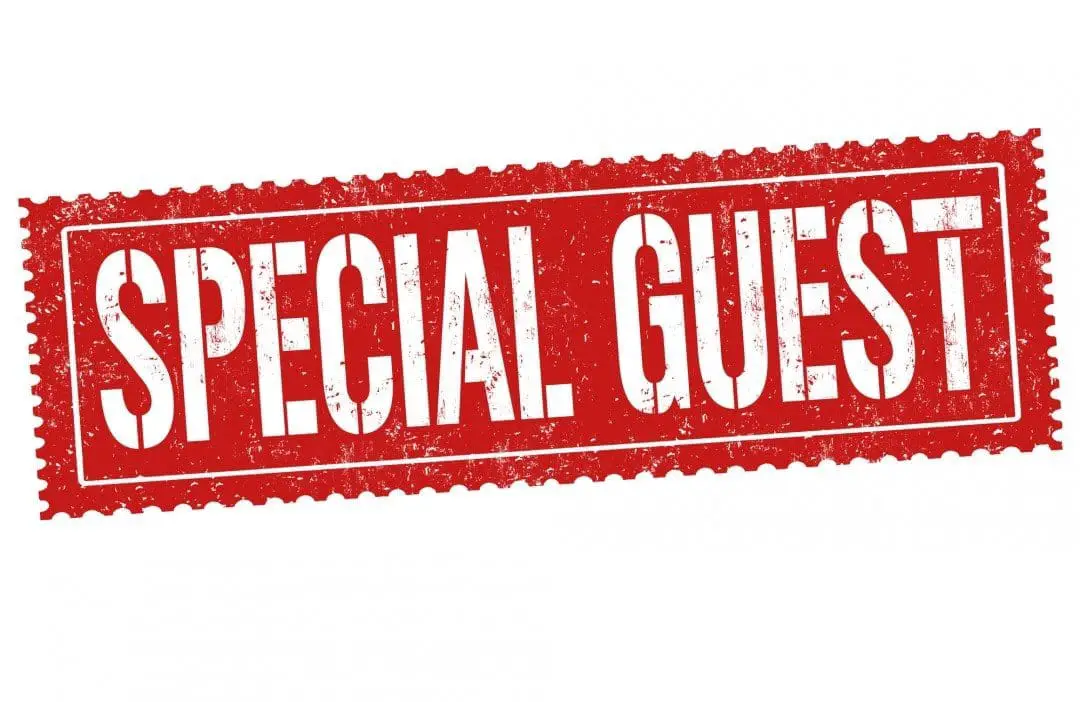Guest Post: Being Rejected Like A Professional

By Kevin Holton
Every writer to submit a story for publication knows what it’s like to get rejected. For some, it’s even worse than in the dating world. You ask someone out and they say no, well, there are millions of potential partners. When someone doesn’t want your story, there are only so many publishers who’ll want it. This hits even harder if you wrote it for a specific venue or anthology.
If you’re active enough in the writing community, though, you’ve invariably heard of someone who set their career aflame by taking rejection poorly. Nobody likes getting a story shot down, but it’s far worse to get yelled at (even if just over email) because the writer can’t handle rejection. As someone who’s had a mix of acceptances and rejections lately, I figured this is a perfect time to talk about handling rejection like the consummate professional you long to be.
1: Take a Step Out of Your Ego
Even Stephen King (probably) gets rejections, or, upon publication, gets flak for a less-than-perfect story. He even used to have an FAQ on his site about the ending to Cell because it confused/annoyed a bunch of people (it wasn’t my favorite, but people were pretty unfair about how much they disliked that book). That’s the nature of a career in entertainment. Sometimes, your stories won’t be scary, your jokes won’t be funny, and your characters won’t be endearing. There are times a story will only displease a few, there are times damn near every single person you’ve never met will crawl out of the woodwork to attack you. That happens because you’re not perfect. Nobody is. If a story doesn’t make the cut, take another look at it first. Can you cut unnecessary detail? Is there something you haven’t explained, but could? If you’re writing every day, you’re improving every day, so treat rejection as an opportunity to go back and do better.
2: You’re barking up the wrong tree.
If a story gets rejected, it’s possible it was simply a poor fit for that venue. You might have a great story that simply doesn’t fit the publisher. So, don’t blow up on them about it! If it doesn’t fit them, but it’s a good story, there’s someone out there who’ll be more than happy to publish it. Plus, that’s way better for you. A publisher that’s only ‘meh’ about your story won’t do half as much as a publisher who really loves it, so in this case, rejection’s doing you a favor.
3: All that matters is your name
The inimitable Ron Swanson once pointed out that the only thing that matters at the end of the day—and when you die—is your name. How do you want to be remembered? Every rejection is an opportunity to affect the way people think about you, and as we all know, the only way to achieve immortality is to live on in people’s memories. Would you rather be someone who makes others scoff and say, “Oh god, I remember that psycho” because you sent someone a thousand-word email about why they’re garbage and have no taste? Or would you prefer to be remembered for handling less-than-pleasant news with grace and aplomb? Because, as long as you’re alive and continuing to write, people will continue to talk about you. Whether they say, “This person’s a nightmare I have to avoid at all costs!” or “Oh, I’ve heard great things about this writer! Of course I’ll give his/her/etc manuscript a chance!” is up to you.
4: Writing is a Community
If you’re going to treat a rejection well for no other reason, do it for yourself. As pointed out at the end of the last paragraph, people are going to talk. Editors know each other just as writers do, and if you treat one poorly, they’ll know. If you treat somebody badly, your work might get rejected without consideration—and the worst part is, they’ll never even tell you that. You’ll get a form letter, never knowing you’ve been blacklisted. (Note: If the publisher treats you poorly, it’s perfectly fine to—respectfully—refuse to work with them further!)
So WTF do I do?
Simple: When you get a rejection, just say, “Thank you anyway for the opportunity,” if you respond at all. Most rejections don’t require a response. If you get a form letter, don’t bother. If you get a personalized rejection, let them know you’re grateful to have been considered, because you are, aren’t you? They offered you a chance. The alternative, presumably, was no consideration at all.
If you get criticism in that email, thank them for that, too. The comments may sting, but they are trying to help you. A publisher that goes out of the way to help improve the story wants to see you succeed. That’s valuable. Don’t ruin that good will with a lengthy tirade email. Even if you disagree with the critique, you can at least preserve your relationship with the publisher, and work with them again in the future. You’ll also know what they’re looking for, so if somebody says, “There wasn’t enough character development,” don’t get angry. Write a new story with tons of character, then send that over! They’ll appreciate that you were so cool about the comments, and they’ll love the fact that you listened.
The TL;DR here is simple: Treat people the way you want to be treated. That’s right, we’re going kindergarten. But seriously, you don’t like being yelled at, I assume, so don’t yell at other people. It’s not going to magically make them turn around and accept your story. If you can’t be chill just to be a decent person, be chill to avoid them telling the whole social media world about how you freaked out.
Networking is the key to any industry, so don’t go let your contacts become casualties by blowing up on the people you work with! You may not think of them this way, but editors, publishers, and even reviewers are all, in a way, your coworkers—and the publisher is your boss. If you want to keep your job, you don’t scream at your supervisor, do you? So treat your publishers with the same respect. Good will can get you places, but bad karma will kill your career, guaranteed.
So go on, people. Get writing and get ready for those rejections. They aren’t the end of the world, so be sure to say please and thank you along the way.

Kevin Holton
Kevin Holton is the author of At the Hands of Madness, as well as the forthcoming titles The Nightmare King and These Walls Don’t Talk, They Scream. He also co-wrote the short film Human Report 85616, and his short work has appeared in dozens of anthologies.
He can be found at www.KevinHolton.com, or on Facebook, Twitter, and Instagram @TheHoltoning.
- About the Author
- Latest Posts
Stuart Conover is a father, husband, published author, blogger, geek, entrepreneur, horror fanatic, and runs a few websites including Horror Tree!












